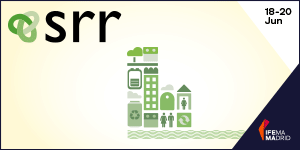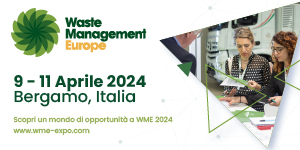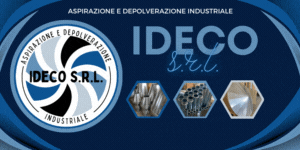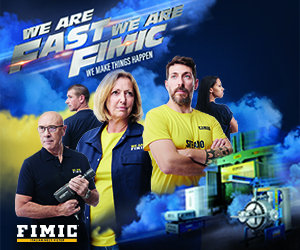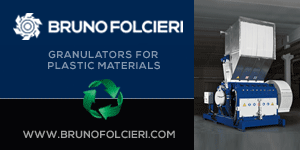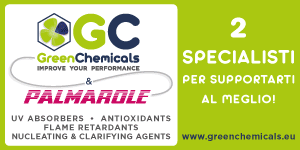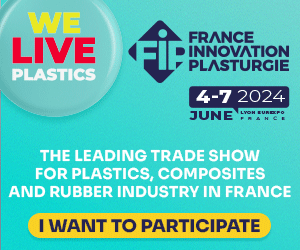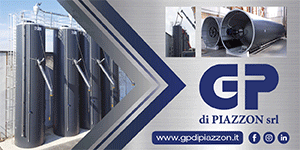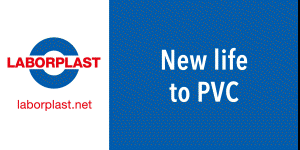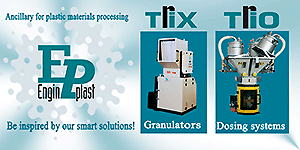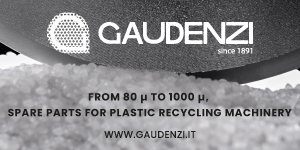Know-how, flexibility, customisation, expertise and technology: the story of an excellence in plastics processing
A talk with the founder Gianfranco Baracco
For 30 years, FILTEC S.r.l. of Badia Polesine has been an excellence in the field of filtration and granulation of plastic materials and now offers customised and innovative solutions with the aim of approaching and satisfying every need in terms of management, production and consumption optimisation.
A story that began in the early 1990s, or rather earlier, when founder Gianfranco Baracco started his career: “My story began with my first job, in 1961 when I worked for Montedison in Ferrara – Montecatini at the time, ed – where I learnt to work with plastics. I worked in a laboratory that worked on polypropylene, which was cutting-edge at the time and was born on patent in the company. Every hour, tests were carried out on every specimen that arrived, until gradually this product became of everyday use, like polystyrene or polyethylene, which today are among the best known and oldest.
It was a great materials experience for me: we had all the possible tools to analyse them, even a special instrument to determine the ageing of plastics to predict their behaviour over many decades.
In the company we started to build the first machines for air cutting, for example, and from here we were the first in Italy to learn about these materials. I also had job offers in Germany, but I always stayed in my Veneto region, other colleagues instead moved to the United States: those were times of very high development in the sector”.
 Gianfranco Baracco
Gianfranco Baracco
From training to entrepreneurship
After a while, Gianfranco Baracco decided to leave the company: “I formed a partnership with one of my fellow citizens and started moulding polyethylene parts, in particular parts for cars, moulds for the mechanical sector, machining on precision machines: over the years, I have therefore also experimented with working on steel, as well as plastics. I then entered into partnership with a former colleague from Montedison, setting up a workshop of about 50 people. It was an adventure unfortunately marked by a short-sighted investment, which led to the closure of the company, and I decided to start again on my own and, thanks to the support of a local bank and contacts with some former customers around Italy, I began to manufacture. I used to draw the parts to be produced in my home garage with a drafting machine. I founded FILTEC in 1993 and now we are still here”.
There was no one in Italy who knew so much about plastics and how to process them: “If you get the rheology of the die wrong, the granules will not be perfect.
We immediately found customers in Italy, as well as Germany and Canada, and then made ourselves known everywhere”.
E FILTEC today boasts 5,000 square metres of production facilities, more than 700 customers worldwide, 400 suppliers and more than 1,600 installations worldwide, more than 750 custom-developed granulators and around 14,000 items in stock.
Have the machines changed?
“Of course, we used to produce 500 kg per hour, and we felt like we were making mountains out of plastic material, whereas now we reach 7,000 kg per hour, a major upgrade and considerable numbers.

One of our plants is in the Bergamo area, the largest in Europe. Our machines operate in tandem with those of EREMA.
We are working on special machinery to cut and process softer, more fluid plastics. This is a need particularly strong today among customers, who are increasingly working on these types of plastics.

The characteristics of materials
Today’s materials are increasingly difficult to process, says Gianfranco Baracco, “special measures are needed on materials that behave in a specific way because they are composed of a particular balance of excipients. Therefore, the plastics processing chain is crucial”.
FILTEC today employs technologies designed to ensure consistent excellent performance over time and a maximum level of reliability. Furthermore, from the design to the realisation of each plant, everything is carried out entirely in the company’s factories, under the sign of that Italian craftsmanship that is in fact its trademark.
This allows the company to maintain full control over every phase of the work, offering products of excellence and ensuring maximum support in the future.
FILTEC today: workforce and tradition
But going back to the company’s history, Gianfranco Baracco says that today the operational staff is “of an appreciable size. Everyone in the company is committed to the machines, even at an operational level we would say.
The technology and the way of working with it has been handed down, often in the technical department they involve me directly for a consultation, the important thing is to analyse the material and the mineral fillers it contains, and then decide what to do and then how to do it. Today, there are plastics that were being studied years ago, for example those used in aerospace, such as the polyether ether ketone of the polyaryletherketone family, which has a melting point of around 338° centigrade. Technical drawing is fundamental for product development: ‘Years ago, I had a technical designer working with me, and he gave me some tips to learn as well. Today, we keep some technical drawings in the company that are now like historical archive items”.

Giovanni e Gianfranco Baracco
Over time, the entrepreneurial and technical vein of founder Gianfranco was passed on to his son Giovanni, now CEO of FILTEC: “By dint of hearing about the machines and the technology, my passion has also become his, as well as that of Maria Elena Veronese – Sales & Marketing Manager. Slowly the company has become more structured with a well-defined and evenly divided workforce”.

Maria Elena Veronese, Gianfranco e Giovanni Baracco
Today, FILTEC’s structure and organisation are rationally balanced and functional to achieve excellent technical and turnover results with a consolidated corporate image.
Finally, why is plastic demonised today?
“It has to be better known, for sure, and the pros and cons of each material have to be evaluated.
Of course the one that gets into the sea is the real problem,’ says Maria Elena “then often in many countries of the world you don’t even have the possibilities and the tools to recycle plastic”.
FILTEC’s machines are not just machines, but complete technological solutions that add value to the productivity of each plant. This is thanks to the high level of expertise, as well as the ability to listen to the needs and requests of customers and the consequent proposal of tailor-made machines, designed according to real needs.
FILTEC ‘s Operating Features
Focus on high-quality pelletising plants
The company specialises in the design and manufacture of granulation and filtration plants for plastics, tailor-made and customised solutions according to each individual production requirement: immersed water cutting and liquid ring cutting, Underwater e Water Ring, screen changers, water filters, horizontal and vertical centrifuges, blown vibrating screens. FILTEC plants meet the most varied application requirements, thanks to innovative technology and the wide range of products available, all tailor-made.
The company guarantees great flexibility, top quality and excellent results for every different application area: from recycling plastics, through food polymers and compounding to masterbatch and hot melt. The characteristics that distinguish the work include maximum customisation, the certainty and excellence of Made in Italy quality and workmanship, and complete assistance and after-sales services.
Plastic Recycling Machines
FILTEC custom-builds machinery to ensure the highest performance and durability, with the aim of keeping them constant over time and guaranteeing an excellent level of reliability. Thirty years of experience and a high level of technical and design expertise in recycling plants allow FILTEC to guarantee the achievement of results of the highest level.




